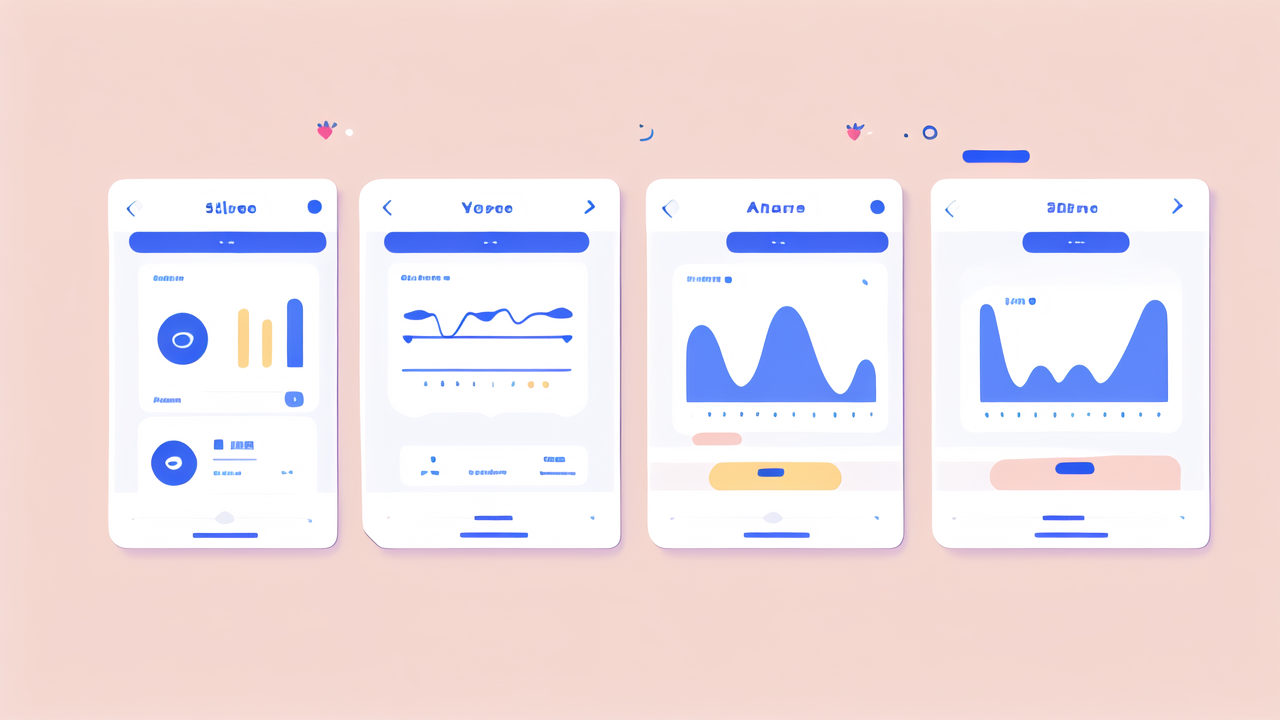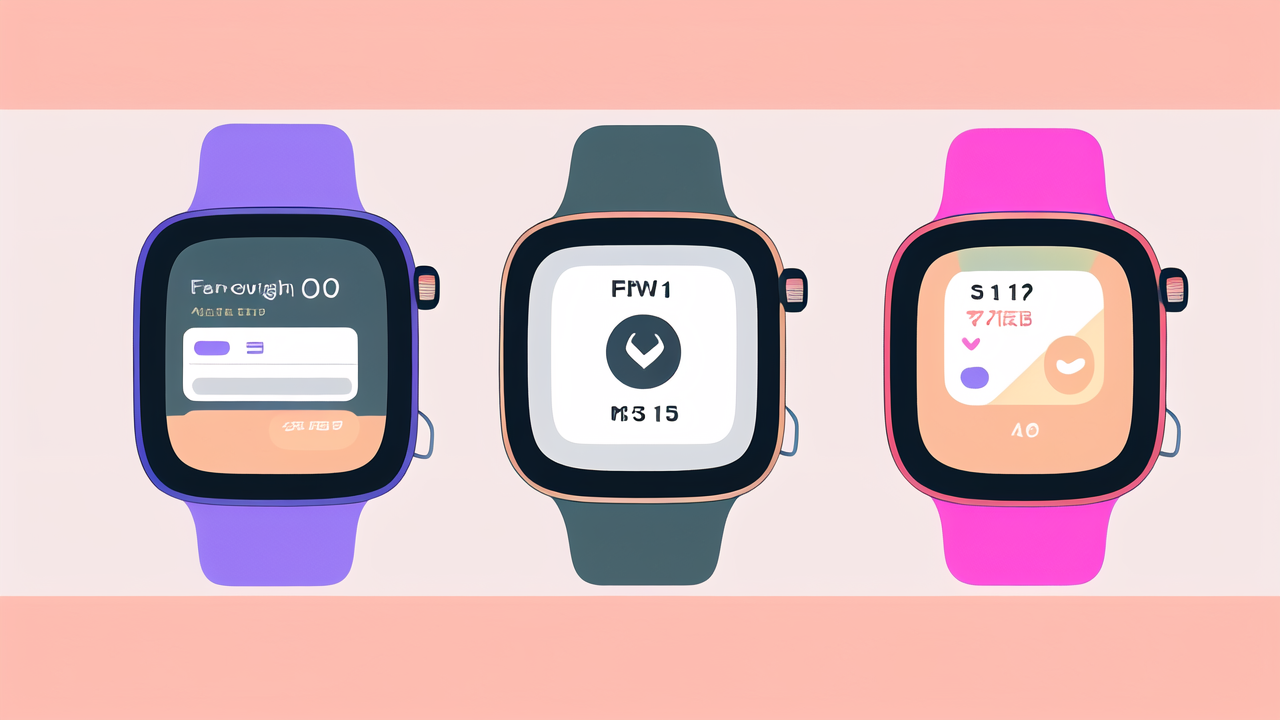Understanding the Importance of Activity Tracking
The Role of Activity Trackers in Modern Lifestyles
Activity trackers have become essential tools in our fast-paced world. They help us monitor our daily movements and health. These devices track steps, calories, and sleep patterns. They motivate us to stay active and reach our fitness goals. Many people use them to improve their overall well-being. Activity trackers can also help manage stress levels. They remind us to take breaks and move throughout the day. For busy professionals, they offer insights into work-life balance. Seniors use them to maintain independence and track their health. In essence, activity trackers are digital health assistants for modern living.

Benefits of Using an Activity Tracker
Using an activity tracker offers numerous advantages for your health and fitness. Firstly, it increases awareness of your daily activity levels. This awareness often leads to positive behavior changes. You're more likely to take the stairs or go for a walk. Activity trackers can help you set and achieve fitness goals. They provide real-time feedback on your progress. This instant feedback can be highly motivating. Many trackers also monitor sleep quality, which is crucial for overall health. They can help identify sleep patterns and improve sleep habits. Some trackers offer stress management features. These can guide you through breathing exercises or meditation. Lastly, activity trackers can help you stay connected with friends and family. Many have social features that allow you to share achievements and compete.
Common Challenges in Tracking Daily Activities
While activity trackers are useful, they come with some challenges. Accuracy is a common concern among users. Step counts and calorie burn estimates may not always be precise. Some users find it difficult to remember to wear or charge their device regularly. This can lead to gaps in data collection. Privacy is another issue, as these devices collect personal health data. Users must trust companies to protect their information. Some people feel overwhelmed by the amount of data provided. It can be hard to know which metrics are most important. Compatibility with different smartphones or apps can also be a challenge. Lastly, some users struggle with motivation over time. The initial excitement may wear off, leading to decreased use.
Key Features to Look for in an Activity Tracker
Essential Tracking Capabilities for Users
When choosing an activity tracker, certain features are essential. Step counting is the most basic and important function. Look for devices that accurately track your daily steps. Heart rate monitoring is crucial for fitness enthusiasts. It helps gauge workout intensity and overall cardiovascular health. Sleep tracking is another key feature. It provides insights into your sleep quality and duration. Water resistance is important if you plan to swim or shower with your device. Battery life is a critical factor. Longer battery life means less frequent charging. GPS tracking is essential for runners and cyclists. It allows for accurate distance and route mapping. Compatibility with your smartphone is also important. Ensure the tracker works well with your phone's operating system.

Advanced Features for Maximized Efficiency
For those seeking more from their activity trackers, advanced features can be beneficial. Automatic workout detection is a convenient feature. It starts tracking your exercise without manual input. Some trackers offer guided workouts or coaching. These can help you improve your fitness routine. Stress tracking and management tools are becoming more common. They use heart rate variability to gauge stress levels. Blood oxygen monitoring is a newer feature in some high-end devices. It can be useful for athletes training at high altitudes. Female health tracking is important for many women. It helps monitor menstrual cycles and symptoms. Some trackers now offer ECG capabilities. These can detect irregular heart rhythms. Lastly, contactless payment features are convenient for on-the-go purchases.
Data Analysis and Reporting Tools
The true value of an activity tracker lies in its data analysis capabilities. Look for devices with user-friendly apps. These should provide clear, easy-to-understand reports. Trend analysis is important for tracking progress over time. It helps you see patterns in your activity and health. Goal setting features can help motivate you to improve. Some trackers offer personalized insights based on your data. These can provide actionable advice for better health. Integration with other health apps is also valuable. This allows for a more comprehensive view of your health. Some trackers offer detailed sleep analysis. This can help you understand and improve your sleep patterns. Calorie tracking and nutritional logging are useful for weight management. Lastly, look for social features if you enjoy sharing or competing with friends.
Top Activity Trackers on the Market
Comparing Popular Activity Tracking Devices
The market offers a wide range of activity trackers to suit different needs. Fitbit remains a popular choice with models like the Charge and Versa. They offer comprehensive tracking and user-friendly interfaces. Apple Watch is favored by iPhone users for its seamless integration. It combines fitness tracking with smartwatch features. Garmin devices are popular among serious athletes. They offer advanced metrics and long battery life. Samsung's Galaxy Watch series provides a good alternative for Android users. Xiaomi and Huawei offer budget-friendly options with impressive features. Whoop is unique, focusing on recovery and strain metrics. It's popular among professional athletes. Oura Ring is a discreet option, worn on the finger. It excels in sleep tracking and overall health monitoring.

How to Determine the Best Fit for Your Needs
Choosing the right activity tracker depends on your specific needs and lifestyle. Consider your primary fitness activities. Runners may prioritize GPS accuracy, while swimmers need water resistance. Think about which health metrics are most important to you. If sleep is a concern, look for devices with advanced sleep tracking. Consider your budget. Prices range from under $50 to over $500. Battery life is crucial if you dislike frequent charging. Think about the design. Do you prefer a watch-style device or something more discreet? Consider the ecosystem. Some trackers work better with specific smartphones. Read expert reviews and user testimonials. They can provide real-world insights. Lastly, consider trying a few different options. Many stores offer return policies that allow for short trials.
User Reviews and Expert Recommendations in the United States
In the United States, user reviews and expert opinions can guide your choice. The Fitbit Charge 5 is often praised for its balance of features and price. Users appreciate its sleek design and comprehensive health tracking. The Apple Watch Series 7 is a top pick for iPhone users. Experts highlight its large screen and health features. Garmin's Forerunner series is highly rated by serious runners. They love its accuracy and detailed metrics. The Whoop strap receives positive reviews from fitness enthusiasts. Its focus on recovery is unique and valuable. Budget-conscious users often recommend the Xiaomi Mi Band. It offers good features at an affordable price. The Oura Ring is praised for its discreet design and sleep tracking. However, some find its subscription model costly. Overall, experts recommend choosing a tracker that aligns with your specific goals and lifestyle.




Leave a comment
This site is protected by hCaptcha and the hCaptcha Privacy Policy and Terms of Service apply.